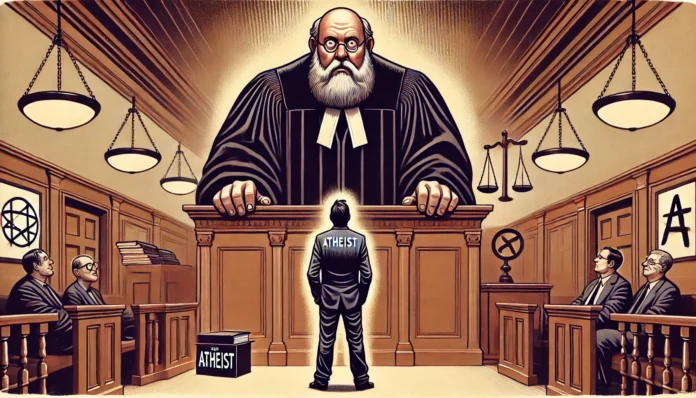Atheism, the absence of belief in deities, is a worldview held by millions worldwide. Despite the growing number of Atheists, legal and social challenges persist, often rooted in outdated statutes and deep-seated biases. This article examines the legal rights of Atheists, the protections afforded to nonbelievers, and the ongoing obstacles they face both in the United States and internationally.
Legal Rights of Atheists in the United States
The United States Constitution provides robust protections for freedom of religion—and by extension, freedom from religion. The First Amendment guarantees that the government cannot establish a religion or prohibit the free exercise thereof. This foundational principle ensures that Atheists, like all citizens, have the right to hold and express their beliefs without government interference.
Federal law further protects Atheists from discrimination. The Equal Employment Opportunity Commission (EEOC) explicitly includes nonbelief under its definition of religious discrimination, making it illegal for employers to treat Atheists differently because of their lack of religious faith. Despite these protections, Atheists often face subtle and overt discrimination in the workplace, schools, and public life.
Some state constitutions still contain archaic provisions that bar Atheists from holding public office or serving as witnesses in court. While these statutes are unenforceable due to Supreme Court rulings such as Torcaso v. Watkins (1961), their continued presence reflects lingering prejudice.
International Protections and Discrimination
Globally, the rights of Atheists vary dramatically. In some countries, Atheists enjoy legal protections similar to those in the United States. However, in many parts of the world, nonbelievers face severe legal and social penalties.
According to Humanists International, at least 13 countries impose the death penalty for apostasy or blasphemy, effectively criminalizing Atheism. In others, Atheists risk imprisonment, loss of civil rights, or social ostracism. The Pew Research Center reports that government restrictions on religion—including restrictions targeting Atheists—have risen globally in recent years.
For example, in Saudi Arabia, Atheism is equated with terrorism under the law, and public expressions of nonbelief can result in harsh punishment. In Bangladesh, outspoken Atheist bloggers have been targeted and even killed by extremists, with little protection from authorities. Even in countries with formal legal protections, social hostility can make it dangerous for Atheists to be open about their beliefs.
Ongoing Challenges: Old Statutes and Social Bias
Despite legal advances, Atheists continue to face significant challenges. In the United States, the persistence of discriminatory statutes in state constitutions serves as a reminder of historical prejudice. While unenforceable, these laws contribute to a climate in which Atheists are viewed with suspicion or hostility.
Social bias remains a formidable barrier. Surveys consistently show that Atheists are among the least trusted groups in America. According to Wikipedia’s overview of discrimination against Atheists, nonbelievers are often excluded from community events, face difficulties in child custody cases, and are subject to negative stereotypes.
Internationally, the situation can be even more dire. In countries like Pakistan and Iran, accusations of blasphemy can lead to imprisonment or worse. In Nigeria, Atheist activists such as Mubarak Bala have been imprisoned for expressing their views. The University of Maryland highlights the ongoing oppression faced by Atheists in many societies, where social and legal penalties reinforce each other.
The Path Forward for Atheist Rights
Progress is being made. Organizations like American Atheists, Atheists for Liberty and Humanists International work tirelessly to defend the rights of nonbelievers, challenge discriminatory laws, and promote secularism. Legal victories, such as the removal of religious tests for public office and the recognition of nonbelief as a protected class, mark important milestones.
However, the fight is far from over. Atheists continue to face legal and social challenges that require vigilance and advocacy. As societies become more diverse and interconnected, the recognition of Atheist rights is not just a matter of law, but of basic human dignity.
The ongoing struggle for equality and secular rights is a testament to the resilience of Atheists worldwide. As awareness grows and legal protections expand, the hope remains that one day, Atheists everywhere will enjoy the same freedoms and respect as all others—free from discrimination, prejudice, and fear.

